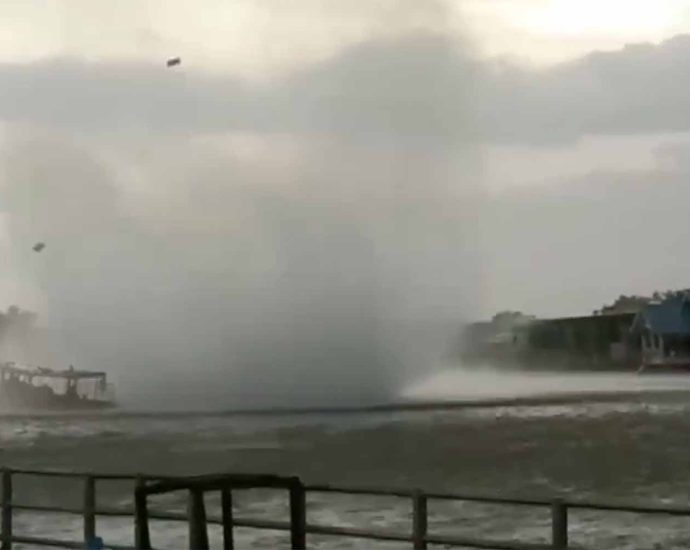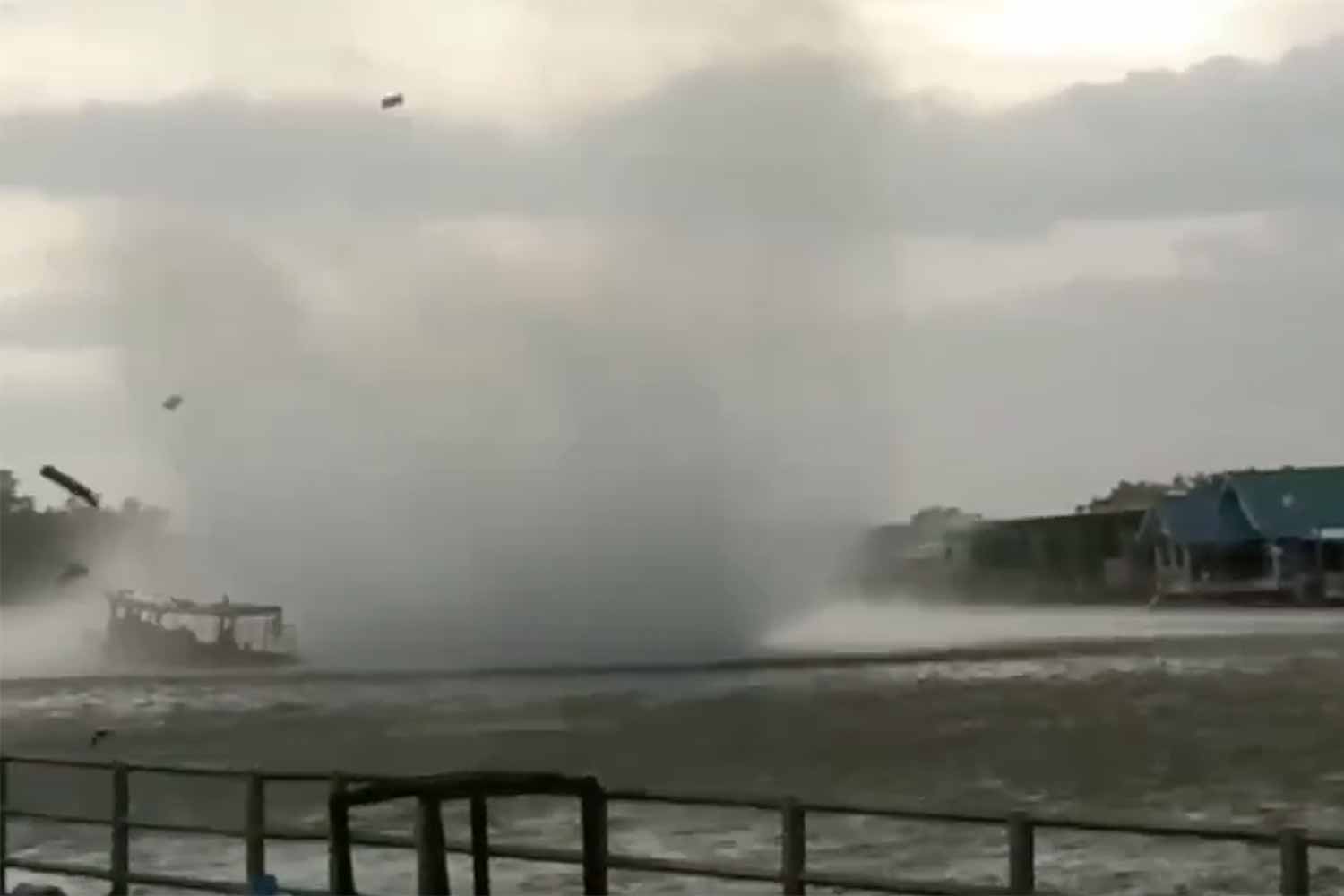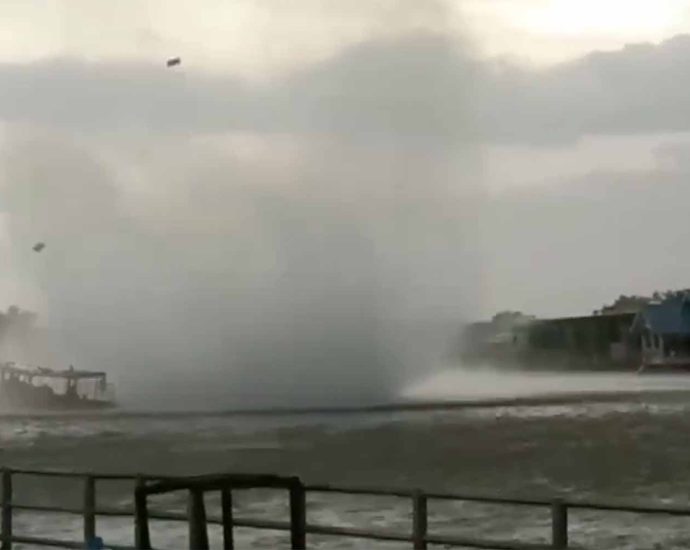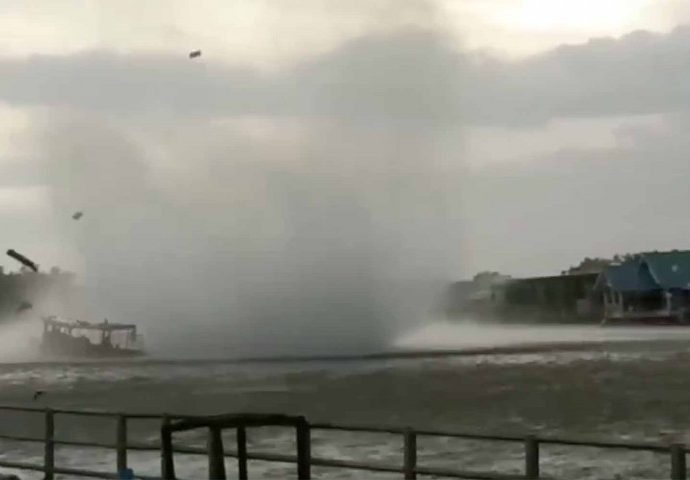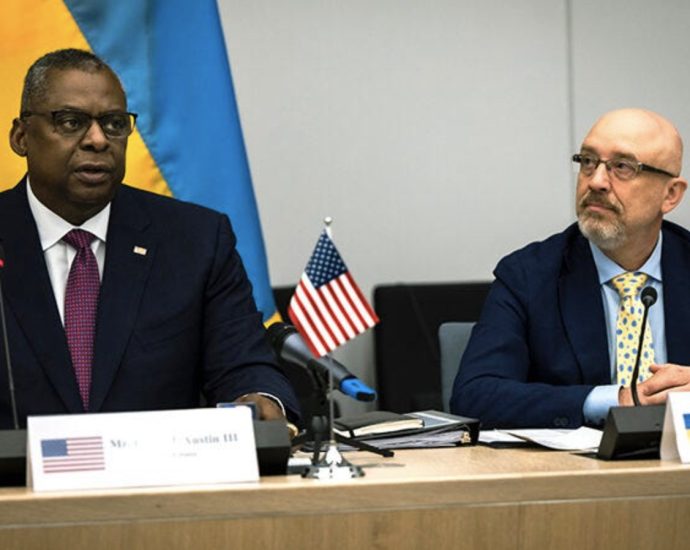Most favour Abhisit for Democrat leadership: poll
PUBLISHED : 13 Aug 2023 at 11:01

Most people are of the opinion that Abhisit Vejjajiva, a former prime minister and former leader of the Democrat Party, should be re-elected as party chief, according to a survey by the National Institute of Development Administration, or Nida Poll.
The poll was conducted on Aug 9-10 by telephone interviews with 1,310 people aged 18 and over of various levels of education, occupations and incomes throughout the country to compile their opinions on who should be the next Democrat Party leader after the resignation of Jurin Laksanawisit.
Of the 1,310 respondents, 58.63% said they had never voted for a Democrat in past elections; 31.91% said they had, but not in the May 14, 2023 poll; 9.31% said they had, including in the most recent election, and 0.15% said they had never exercised their right to vote.
Asked who they thought was suitable to be the next leader of the Democrat Party, the mutliple-choice answers varied as follows:
• 37.48% chose Abhisit Vejjajiva, the former party leader from March 2005 to March 2019
• 24.43% Chuan Leekpai, who stepped down the the party leadership in 2003
• 9.85% Suchatvee Suwansawat
• 4.27% Watanya Bunnag (Madam Dear)
• 3.05% Jurin Laksanawisit, a former party leader
• 2.90% Khunying Kalaya Sophonpanich
• 2.67% Alongkorn Polabutr
• 1.76% Banyat Bantadtan, a former party leader
• 1.60% Narapat Kaewthong
• 1.46% combined for Chalermchai Sri-on, Det-it Khaothing, Mallika Boonmeetrakul and Sathit Pitutecha
The rest, 10.53%, had no answers or were not interested.
Mr Jurin resigned as leader of the Democrat Party on May 15 after the party’s poor showing in the May 14 election, when it won only 25 House seats, about half the number it obtained in the 2019 election. His resignation necessitated an election for the new party leader and new executive committee, matters which are still unresolved.
The party twice called a general assembly for this purpose, but failed to hold the vote on both occasions due to the lack of quorum, obviously as a result of internal rifts.
The Democrat Party was founded in April 1946, and is the country’s oldest political party. The South of Thailand and Bangkok used to be the party’s main support bases, but the party’s popularity in the two areas has sharply declined over the past two decades.




